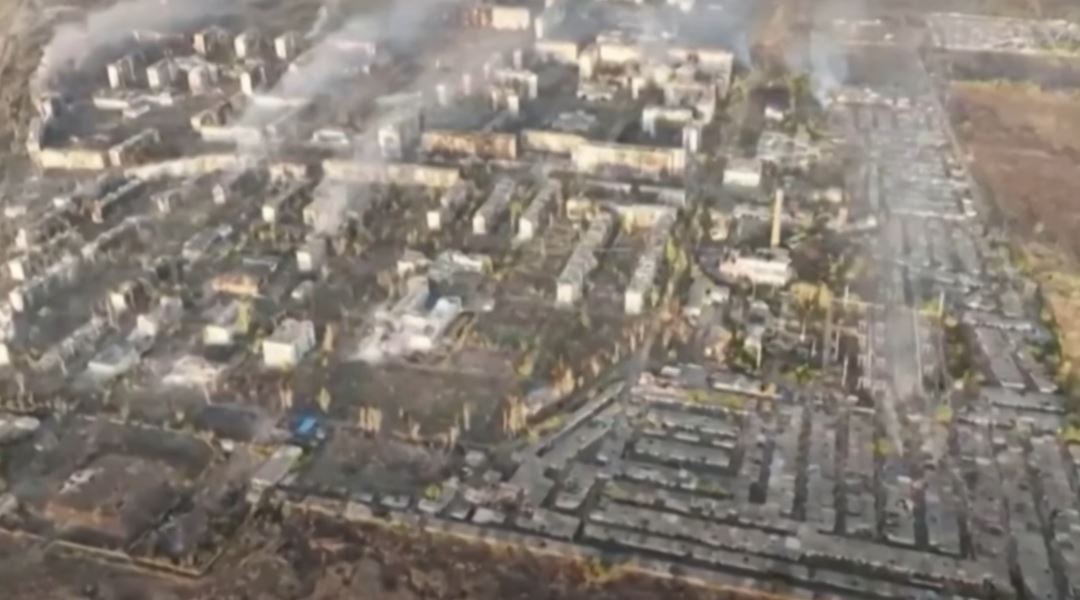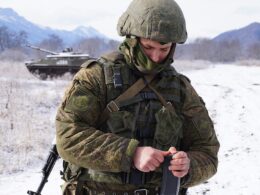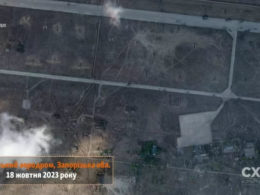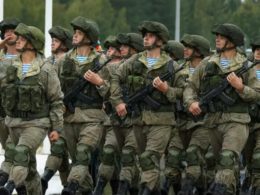British intelligence suggests that Russian forces are likely to press their advantage in Donetsk Oblast in the coming weeks, potentially advancing beyond recently captured Vuhledar.
On 2 October, Ukrainian forces withdrew from Vuhledar, a strategically important town in southern Donetsk Oblast. The town had been a target of Russian military operations for the past two years, with previous attempts to seize it resulting in substantial Russian casualties.
British intelligence identified two possible objectives for further Russian offensive: Velyka Novosilka to the west in Zaporizhzhia Oblast, and Bohoiavlenka, 8 kilometers (4.9 miles) to the north. This move would significantly enhance Russian logistics and mobility in the region.
Vuhledar's position at the intersection of the Zaporizhzhia and Donetsk fronts gives it significant tactical value.
Its elevated location had provided Ukrainian forces with a defensible position, making earlier capture attempts challenging.
Elite units of Russian naval infantry suffered four times higher losses in a year of fighting near Vuhledar than their losses during ten years of war in Chechnya.
The Russian capture of Vuhledar represents a shift in the long-standing stalemate in this sector of the front.
Ukrainian President Zelenskyy explained that the withdrawal of Ukrainian forces from Vuhledar was necessary to protect soldiers' lives as Russian forces took control of the town. He reiterated calls for international military aid, particularly long-range weapon systems, to resist Russian advances effectively.
Related:
- Russia’s elite units suffer more losses in year-long battle for Vuhledar than in 10 years in Chechnya
- Zelenskyy: Withdrawal from Vuhledar necessary to save lifes of Ukrainian soldiers
- Ukrainian brigade says it minimized losses through strategic retreat from Vuhledar
- ISW: Russian forces likely seize Vuhledar after years of failed attempts





